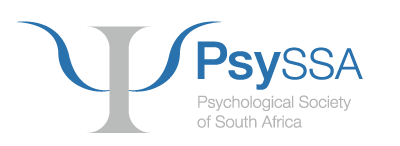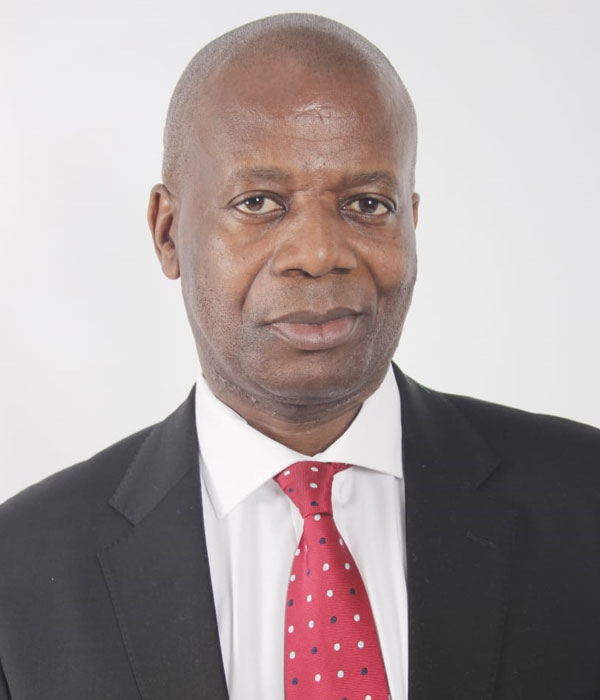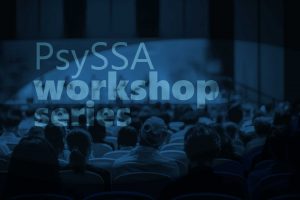
Society for Educational Psychology of South Africa (SEPSA)
The SEPSA Division of PsySSA aims:
- To co-ordinate professional and research activities in the field of Educational Psychology.
- To promote the theory, practice and research of Educational Psychology.
- To promote liaison between educational psychologists and other personnel such as guidance counselors/teachers, working directly in the field of educational psychology/education support services.
- To promote the relationship between educational psychologists as well as with other registered psychologists, other professions, public and private institutions and the public at large, and in particular to play a role in influencing policy relevant to the practice of educational psychology in education in South Africa.
- To combat abuses in the field of Educational Psychology.
- To promote the general interests of its members.
- To collect and disseminate information pertaining to Educational Psychology.
- To reconcile historically oppressed groups.
- To serve the needs and interests of all South African people.
Description of what Educational Psychology is and how they are assisting the community:
Educational psychology focuses on learning and development across the life span and in multiple contexts. Like other psychologists, educational psychologists are trained to promote healthy functioning and to evaluate, diagnose, and treat pathologies of behaviour, mental processes, emotions and personality. Educational psychologists often work with clients with primary or co-morbid presentations that include disorders usually first diagnosed in infancy, childhood or adolescence; cognitive disorders; mental disorders due to medical conditions; substance-related disorders; mood disorders; anxiety disorders; sexual and gender identity disorders; eating disorders; sleep disorders; adjustment disorders; and personality disorders. They may also deal with somatoform disorders, fictitious disorders and impulse control disorders. Less often, some educational psychologists work with clients who experience schizophrenia; other psychotic disorders; and delirium, dementia and amnestic disorder.
Different educational psychologists (as is the case with all categories of psychologists) will have developed different areas of interest in their practices. Some areas of activity for educational psychologists, within their specialised focus on learning and development, may include the following:
- Promoting psychological well-being
- Treating psychopathology
- Promoting learning
- Facilitating development across the life span
- Psychotherapy
- Family therapy
- Group work
- Community interventions
- Parental guidance
- Couples counselling
- Marital therapy
- Play-therapy
- Parent infant psychotherapy
- Case management
- Psycho-educational assessments
- Psycho-legal assessments
- Vocational assessments
- Examination concession assessments
Assessing, diagnosing and treating a wide variety of psychological issues, such as:
- Problems first diagnosed in infancy, childhood or adolescence (for example, learning difficulties, bed wetting, behavioural problems and anxiety)
- Problems due to medical conditions
- Alcohol and drug abuse
- Depression
- Anxiety disorders; such as separation anxiety, post-traumatic stress and generalised anxiety – Problems of adjustment
- Sexual problems
- Gender identity
- Eating disorders
- Sleep disorders
- Personality disorders
- Relationship issues
- Bereavement and loss
- Reconstructed families
- Divorce
- Sexual abuse
- Cognitive handicap
- Autistic spectrum disorders
- Problems with reading, writing, spelling, maths and comprehension
- Attention deficit hyperactivity disorder
- Obsessive compulsive disorders
- Developmental delay
- Study skills
- Attachment and bonding
- Family conflict
- Step-parenting
- Sexual abuse
- Post-natal depression
What do members receive by becoming members?
- A sense of belonging to a community through interaction and constant feedback.
- Access to a network of Educational Psychologists via the Division’s WhatsApp group chat.
- Networking opportunities.
- Access to the Divisional newsletter and related content.
- Advocating for the interest of all Educational Psychologists in South Africa.
- Early access to Educational Psychology focused CPD workshops when hosted by SEPSA.
- Sense of belonging to SEPSA which is currently fighting for the non-paying medical aids to fund all Educational Psychologists.
- Providing a platform on social media to share material pertinent to Educational Psychologists.
- Access to information in any new developments of interest to Educational Psychologists.
Full Member
Associate
Affiliate
Registered Counsellor & Psychometrist
Psychology Intern
Student Member
We are Psychologists
POLICY ON SCREENING, IDENTIFICATION, ASSESSMENT AND SUPPORT - SIAS
ACCOMMODATIONS & CONCESSIONS TRAINING (GRADE R-12) 2019
IEB Policies for download
Procedures_for_Applications_for_Accommodations_and_Exemptions
2013-Annexure-B1-Policy-and-Procedures-for-Accommodations
Annexure-B2-Policy-and-Procedures-for-Exemptions
2013-Bylaag-B1-Beleid-en-Prosedures-vir-Akkommoderings
2013 Bylaag-B2-Beleid-en-Prosedures-vir-Vrystellings
IEB Accommodation Policy
2013-Annexure-B1-Policy-and-Procedures-for-Accommodations
Annexure-B2-Policy-and-Procedures-for-Exemptions
2013-Bylaag-B1-Beleid-en-Prosedures-vir-Akkommoderings
2013 Bylaag-B2-Beleid-en-Prosedures-vir-Vrystellings
IEB Accommodation Policy
Mental Health Awareness Month: Setback or Progress
Read the final World Mental Health Month Article written by Dr Anand Chetty, vice chair of the Society for Educational Psychology of South Africa.
World Mental Health Day – 10 October 2024
Join PsySSA in commemoration of World Mental Health Day - 10 October 2024
Join the SEPSA Executive Committee
The Society for Educational Psychology of South Africa (SEPSA) division of PsySSA is seeking dedicated individuals to join as Secretary and an Additional Member. Apply now!
Board Exam Preparation Workshop 2023
Board Exam Preparation Workshop 2023
Join us on Zoom as we unpack the Board Exam!
20th May 2023
10:00 - 12:00
PsySSA Commemorates International Children’s Day 2022
Let this International Children’s Day be a day of re-dedication where each of us can work towards protecting and caring for our children, who are the future of our country.
Board Exam Preparation Workshop 2022
Recognising the importance of being adequately prepared for the board exam of the registration categories as the final phase of training. Three divisions at the Psychological Society of South Africa (PsySSA), the Division of Registered Counsellors and Psychometrists (RCP), Society for Educational Psychology South Africa (SEPSA), and South African Association of Counselling Psychologists (SAACP) are presenting a workshop on board exam preparation. The workshop will cover generally the Mental Health Care Act, the National Health Act more generally as it pertains to the three registration categories. The workshop will then cover category related issues that may appear in the board exam, including ethics, referrals, and cases.
- Home
- About us
- PsySSA Structures
- Divisions
- Society for Educational Psychology of South Africa (SEPSA)













